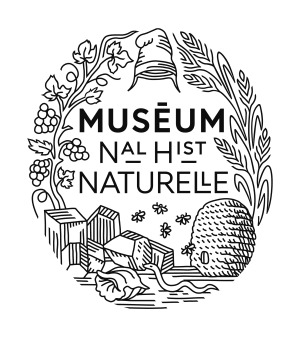
La relation entre biodiversité, variabilité, adaptabilité et résilience des systèmes vivants, soumis aux perturbations imprédictibles caractéristiques des systèmes complexes, quelles que soient leurs échelles, doit être questionnée, même en l’absence de mécanismes causalistes identifiables. La rencontre interdisciplinaires entre biologistes, immunologistes, écologues, philosophes, mathématiciens, physiciens, informaticiens permettra l’étude des concepts de diversité et de variabilité dans le vivant adaptatif et de leurs rôles dans la résilience des systèmes vivants multi-échelles et organisés.
Le système immunitaire adaptatif en cognition de l’environnement moléculaire des êtres vivants a co-évolué pour permettre la tolérance ou destruction de tissus et du microbiote et présente une biodiversité cellulaire et moléculaire exceptionnelle. Ces systèmes représentent des modèles d’étude de l’organisation et variation de systèmes dynamiques multi-échelles tout comme les écosystèmes macroscopiques. Il s’agira donc à travers les échelles des systèmes étudiés d’établir les modalités de synergie entre biodiversité et résilience ou robustesse.













